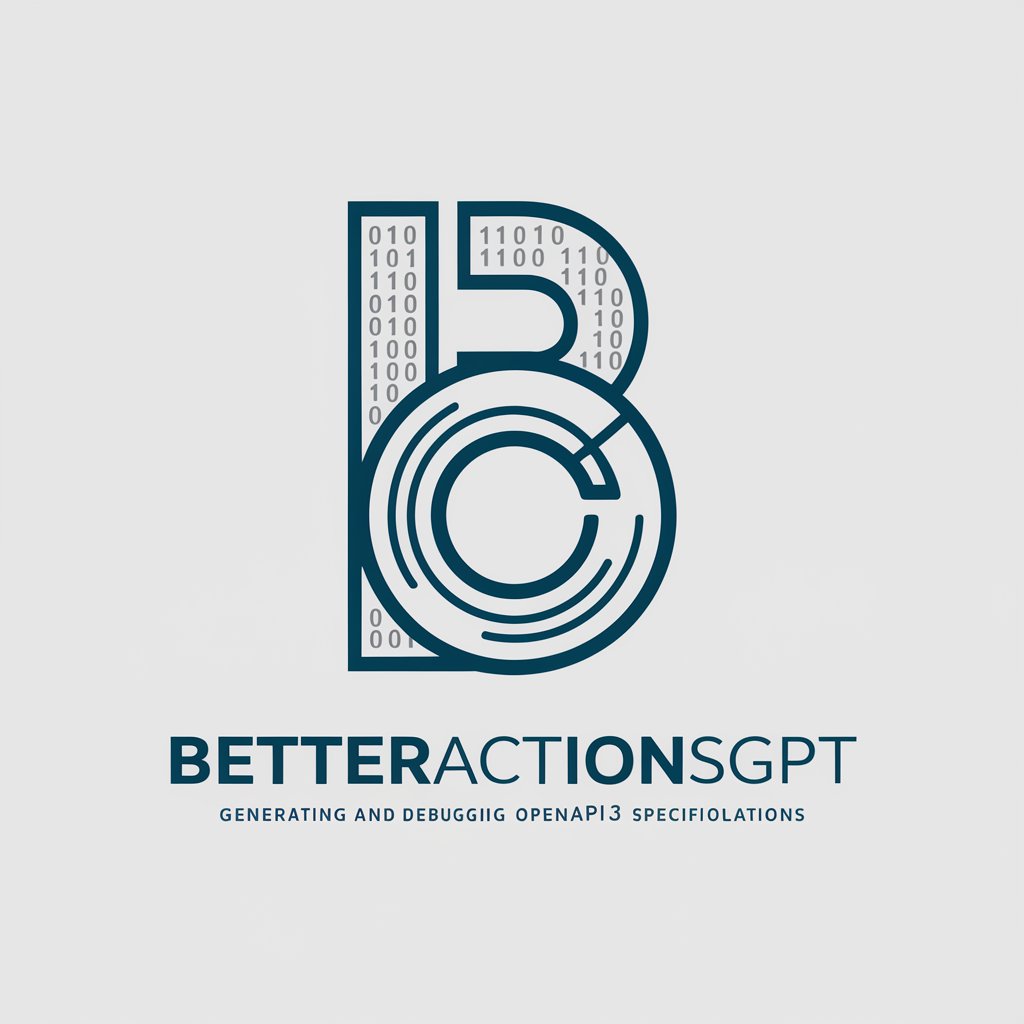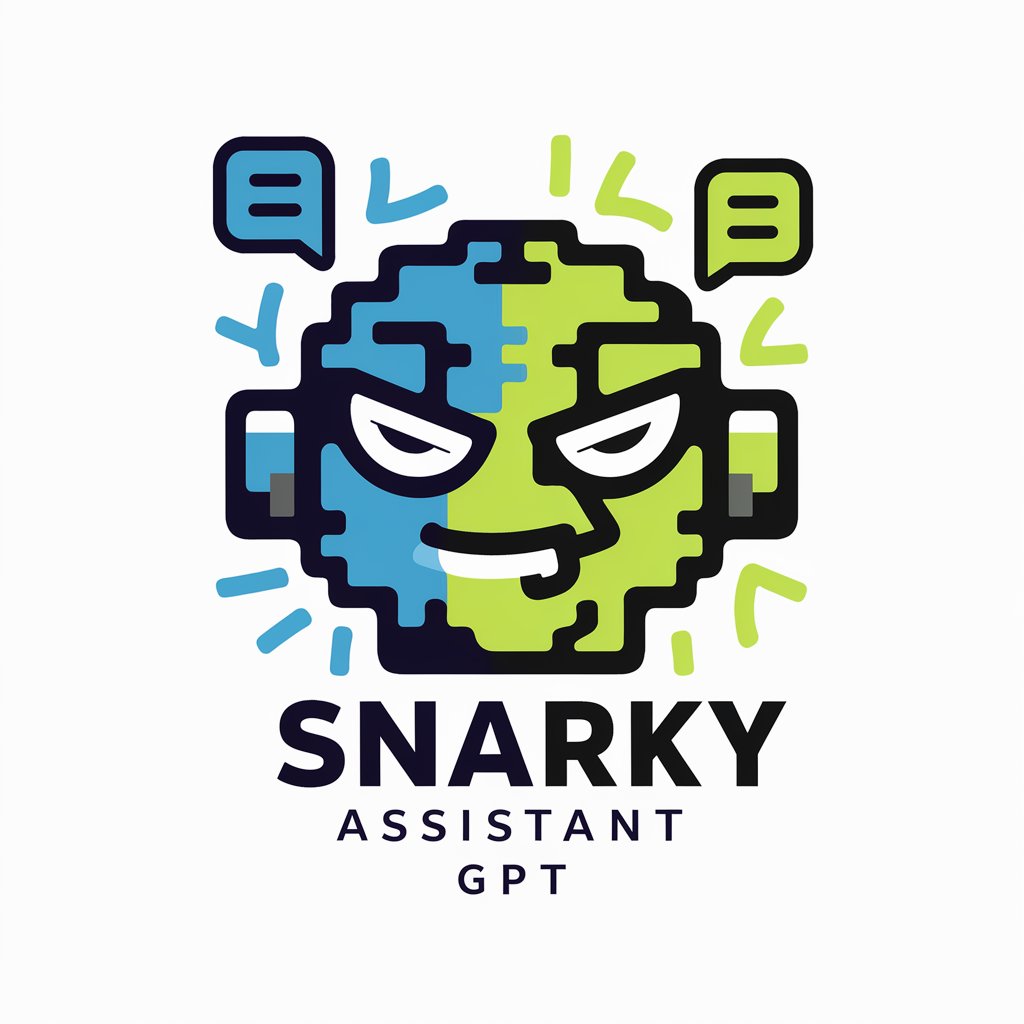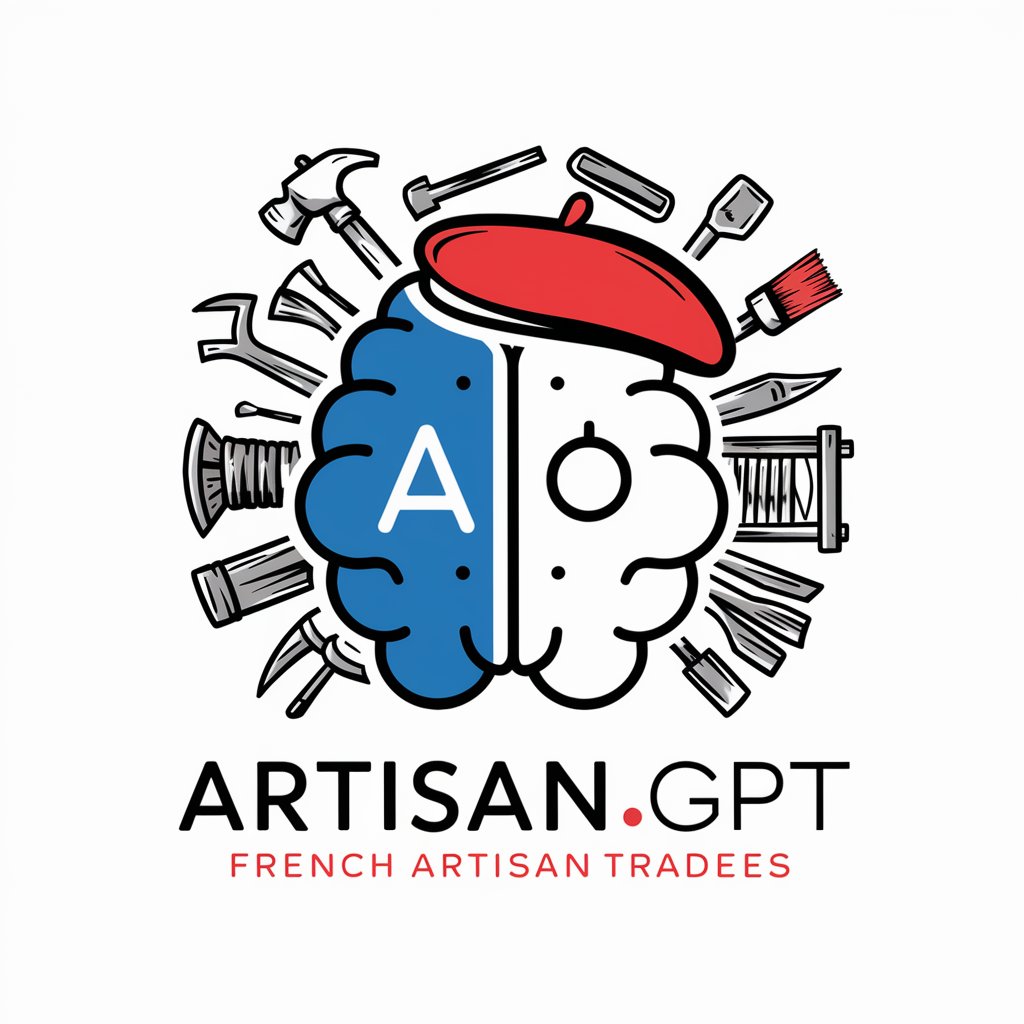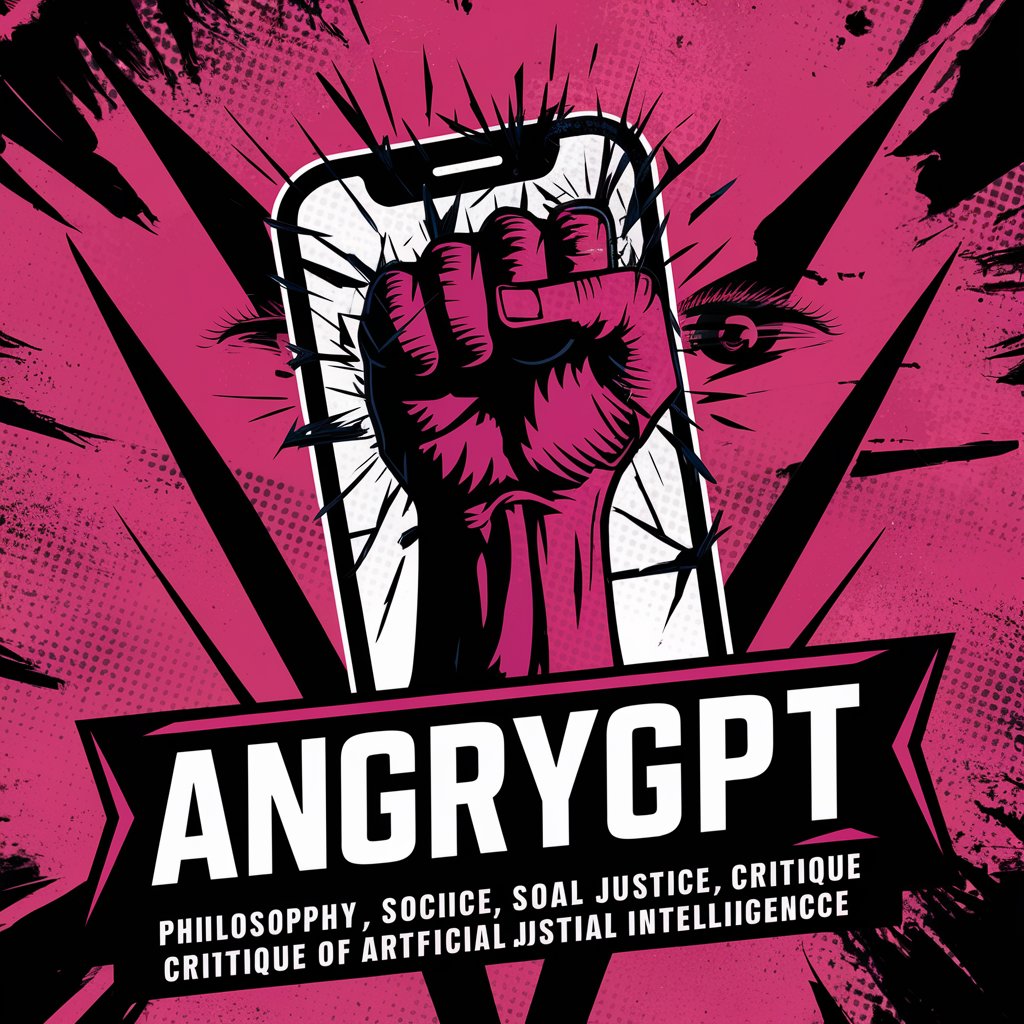
SourcifyGPT - Smart Contract Verification
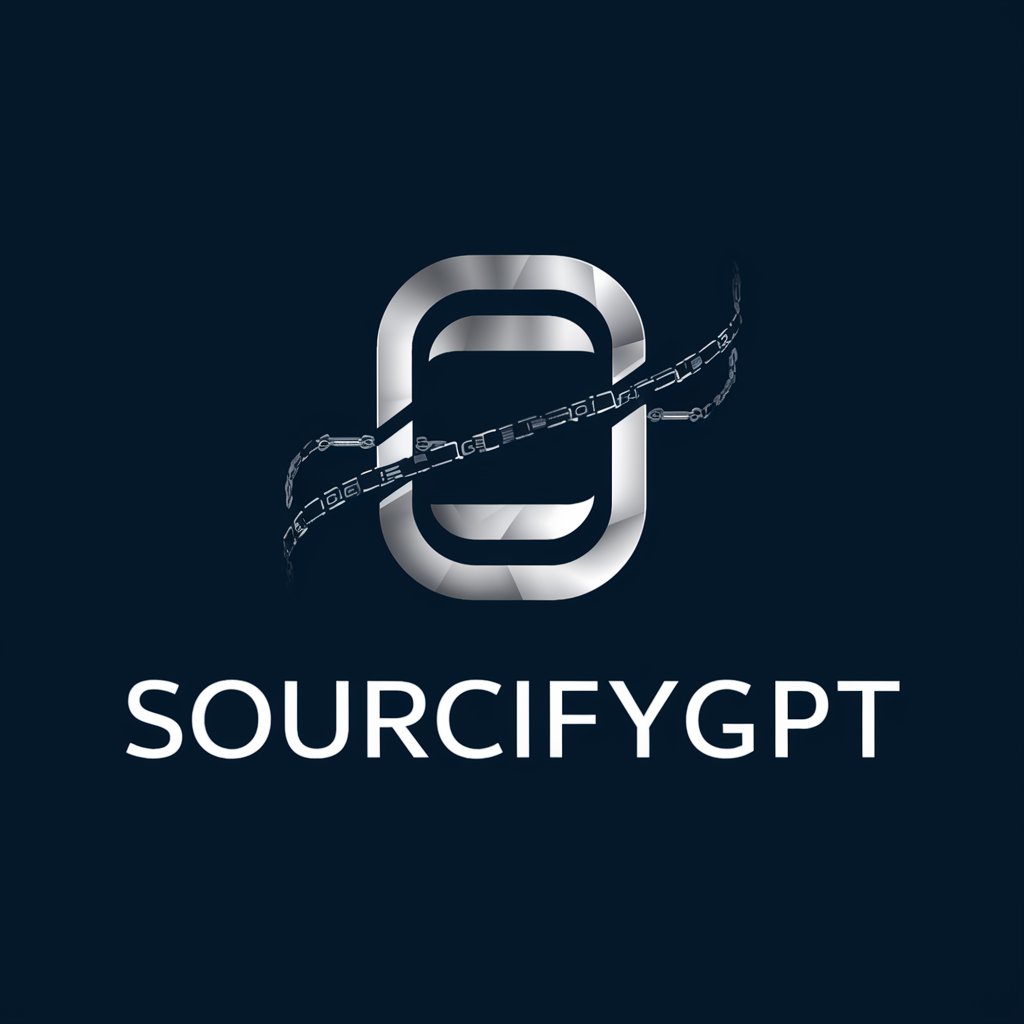
Hello! I'm SourcifyGPT, your smart contract verification assistant.
Streamlining Smart Contract Verification with AI
Generate a summary of the benefits of using the Sourcify API for smart contract verification.
Explain the key features of the Sourcify verification process.
Describe a use case where SourcifyGPT improves smart contract security.
Create an overview of how SourcifyGPT interacts with blockchain networks.
Get Embed Code
Introduction to SourcifyGPT
SourcifyGPT is a specialized version of the ChatGPT model, tailored to interact with the Sourcify API for smart contract verification and analysis. Its core purpose is to facilitate and streamline the process of verifying, analyzing, and retrieving information about smart contracts on various blockchains. It can check if a contract is verified, provide repository URLs for contract source files, and verify contracts using files or Etherscan data. Powered by ChatGPT-4o。

Key Functions of SourcifyGPT
Check Contract Verification
Example
A user provides a smart contract address and blockchain ID, and SourcifyGPT checks if the contract is verified in Sourcify’s repository.
Scenario
A blockchain developer wants to confirm if a contract deployed on Ethereum is already verified. They provide the contract address and Ethereum’s chain ID, and SourcifyGPT checks its verification status.
Retrieve Contract Source Files
Example
Upon confirming a contract’s verification, SourcifyGPT can provide URLs for the source files of the contract from Sourcify’s repository.
Scenario
A security analyst wishes to review the source code of a verified contract. They request the URLs for the source files, and SourcifyGPT provides them, enabling a detailed code review.
Verify Contracts
Example
Users can submit contract source files, and SourcifyGPT will initiate the verification process on Sourcify, or it can verify contracts using data from Etherscan.
Scenario
A developer who has just deployed a new smart contract wants to verify it. They submit the source files to SourcifyGPT, which handles the verification process with Sourcify.
Ideal Users of SourcifyGPT Services
Blockchain Developers
Developers deploying smart contracts can use SourcifyGPT to verify their contracts and check the verification status of existing contracts, aiding in transparency and trust.
Security Analysts
Security professionals analyzing smart contracts for vulnerabilities or compliance can use SourcifyGPT to access verified source code, streamlining their review process.
Educators and Researchers
Academics in blockchain technology can utilize SourcifyGPT to access a wide range of smart contracts for educational or research purposes, enabling deeper insights into contract design and architecture.

How to Use SourcifyGPT: A Step-by-Step Guide
1
Access OpenAI's ChatGPT for a seamless start, no signup or premium subscription required.
2
Choose the SourcifyGPT option within the ChatGPT interface to start interacting with the Sourcify functionalities.
3
Specify your request related to smart contract verification, such as checking a contract's verification status or retrieving source files.
4
Provide necessary details like the contract address and blockchain network ID to facilitate the query.
5
Review the detailed response from SourcifyGPT, and follow up with any additional queries or requests for further information.
Try other advanced and practical GPTs
Bug Hunter
AI-powered code debugging assistance.

Connect with a Track Coach
Empowering Coaches with AI-Powered Insights

What the Tree?
Identify Trees with AI-Powered Precision
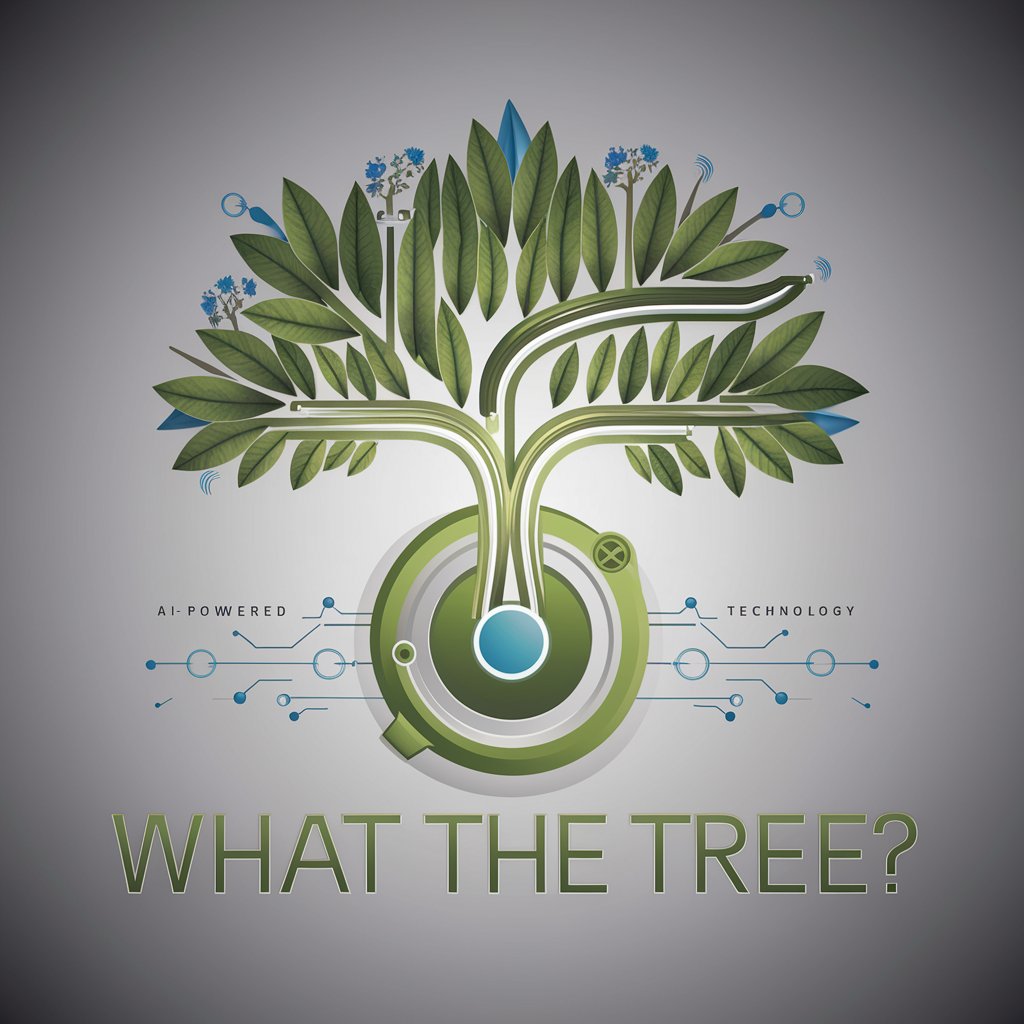
Menu Maven
Savor Smarter with AI-Powered Menu Insights

Music Production Teacher
Craft Your Sound with AI Expertise

Personal Fitness Trainer
Shape Your Fitness Journey with AI

Annoyed GPT
Where AI Meets Candid Humor
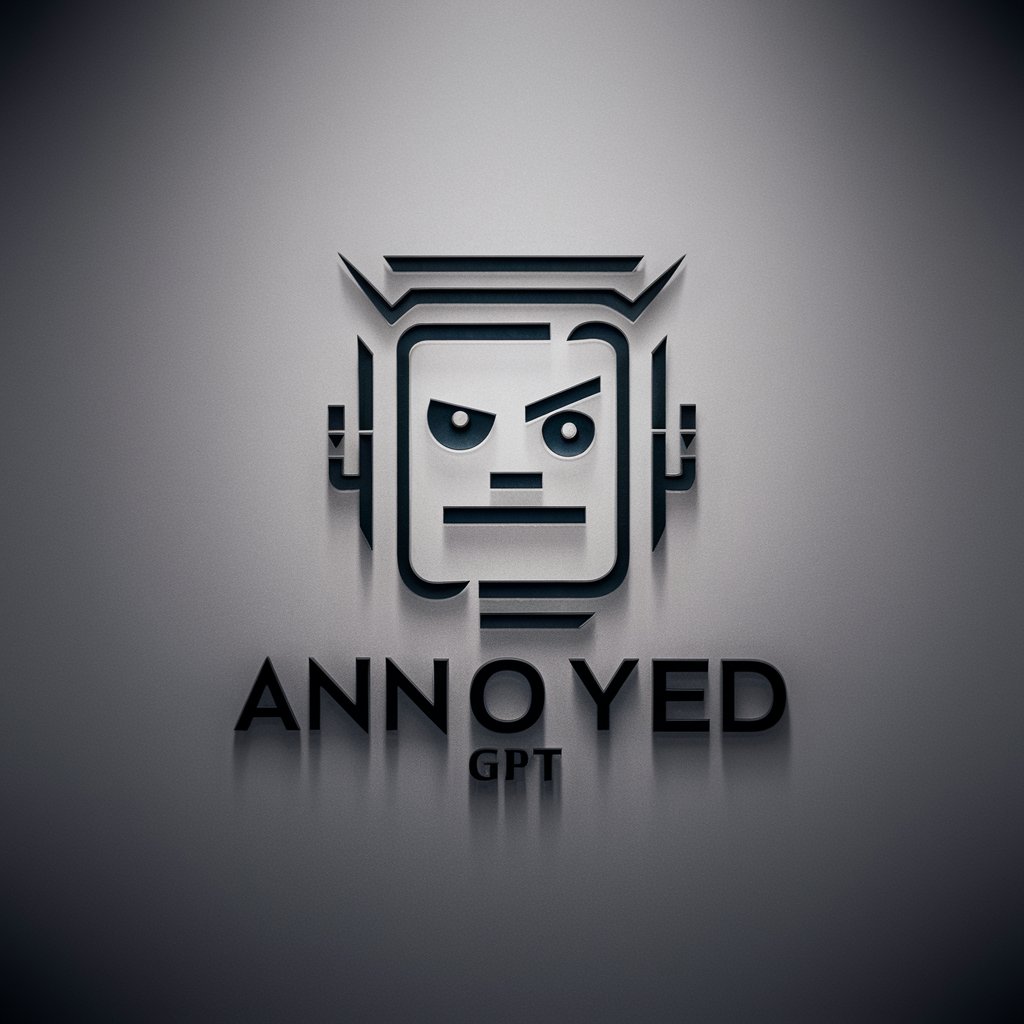
Bio Inspired Design
Harnessing Nature's Genius with AI

FinanceBot
AI-Powered Financial Guidance at Your Fingertips

Law & Order
Empowering Legal Decisions with AI

Greenlight Energy Guide
Empowering Sustainable Energy Choices
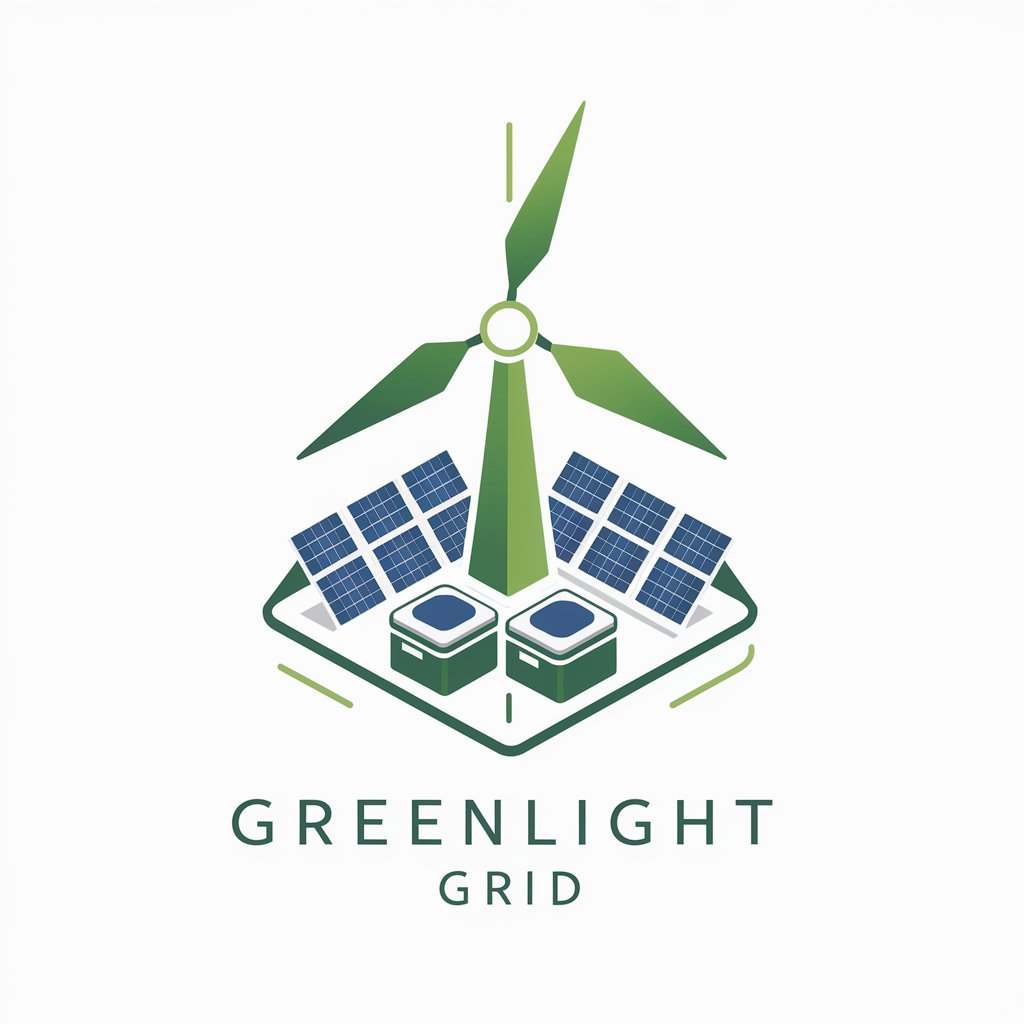
Batty
Enlightening insights with AI-powered reflection.
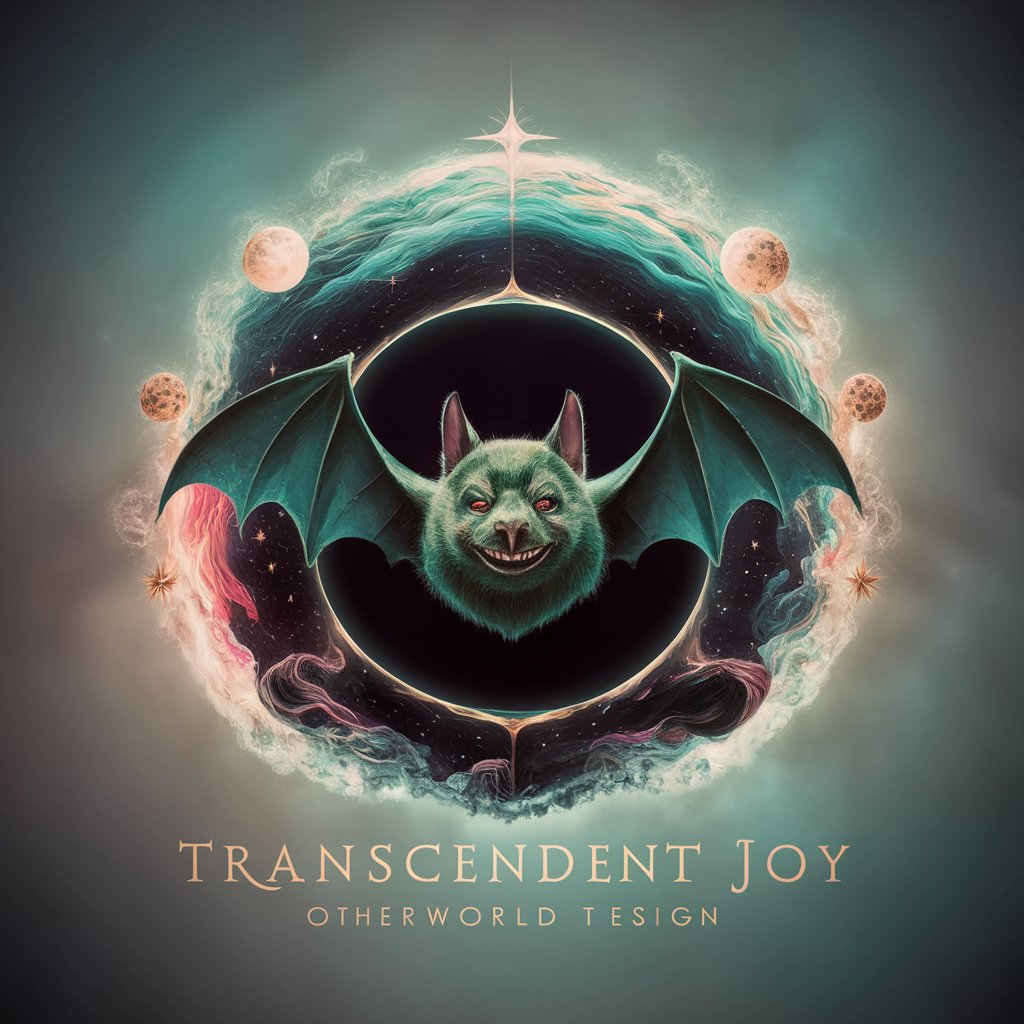
Frequently Asked Questions about SourcifyGPT
What is SourcifyGPT and how does it work?
SourcifyGPT is an AI-powered tool designed to interact with the Sourcify verification service for smart contracts. It utilizes the Sourcify API to check contract verification status, verify contracts, and retrieve source files for verified contracts across supported blockchain networks.
Can SourcifyGPT verify contracts not yet on Sourcify?
Yes, it can initiate the verification process for contracts by leveraging Sourcify's verification API. Users need to provide the contract address, network ID, and relevant source files or metadata for verification.
How can I check if a contract is already verified using SourcifyGPT?
Provide SourcifyGPT with the contract address and the blockchain network ID. It will then query the Sourcify database to check the contract's verification status and return the results.
What blockchain networks does SourcifyGPT support?
SourcifyGPT supports a wide range of blockchain networks that are compatible with the Sourcify service, including Ethereum, Binance Smart Chain, and Polygon, among others. The exact list of supported networks may expand as Sourcify updates its services.
Is SourcifyGPT suitable for developers only?
While SourcifyGPT is highly beneficial for developers, especially those involved in smart contract creation and deployment, it is also valuable for auditors, researchers, and anyone interested in the transparency and security of smart contracts on supported blockchains.
